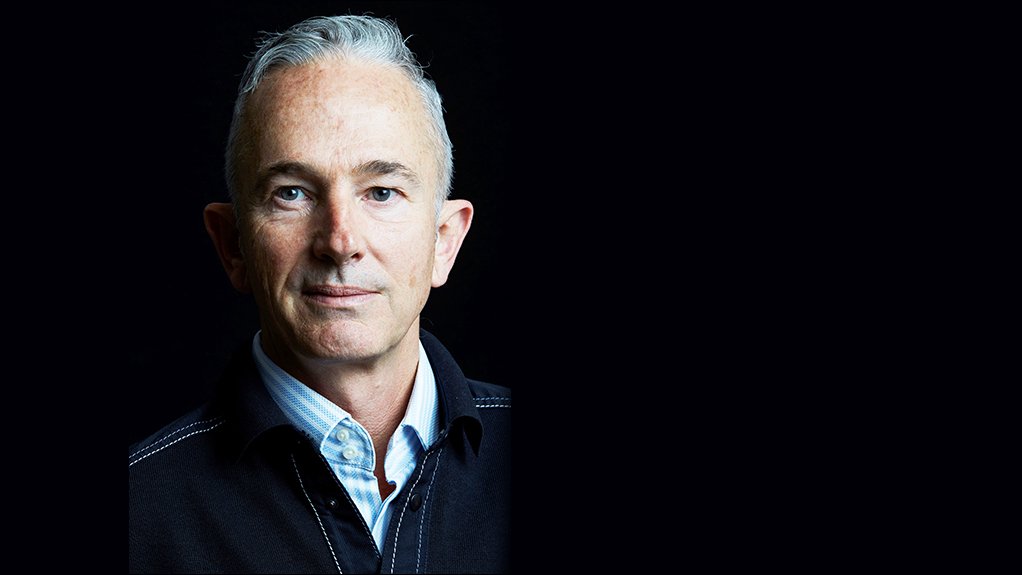Presidential Climate Commission (PCC) executive director Dr Crispian Olver says South Africa’s energy transition and the pace at which it progresses will determine the country’s long-term economic and human-development prospects and should, thus, no longer be treated only as an environmental problem.
Speaking at the Joburg Indaba, Olver acknowledged that stakeholders were “not of one mind” regarding the pace of the transition, despite broad-based agreement that South Africa needed to reduce its emissions, which were strongly associated with the continued dominance of coal in domestic energy production.
His point was underlined in a statement released by the National Union of Mineworkers only days prior in which it acknowledged both climate change and the need to reduce emissions but called for the transition to be delayed because of the threat it posed to 25 000 direct jobs and 26 000 indirect jobs in the coal value chain.
Addressing an audience that included several coal mining executives, Olver stressed that no PCC member expected the coal-fired power stations to close overnight, especially in the context of intense loadshedding.
Nevertheless, he also cautioned against moving too slowly in a context where South Africa’s per capita emissions were 1.22 times the G20 average and significantly higher than those of India and even China.
This reality could subject the country’s trade-exposed sectors to the growing risk of carbon taxes and border adjustment schemes, despite strenuous efforts by the South African and other African governments to oppose the introduction of such measures, particularly where these were imposed unilaterally.
Should such measures be introduced, Olver said workers in the steel, automotive and chemicals industries, which collectively employed thousands more people than was the case in the coal sector, could be affected.
He also urged the mining sector to begin preparing for a decline in domestic and export coal sales considering the actions being taken elsewhere in the world to reduce emissions, and cautioned against viewing the build-up of coal stocks that took place in the wake of Russia’s invasion of Ukraine as signalling a sustainable revival.
While the International Energy Agency is forecasting that coal demand will remain close to the record 8.38-billion tons of 2022, the agency expects demand to begin declining and for that decline to accelerate in the 2030s.
Olver expressed scepticism about the prospects for clean coal, but said he would support the industry if it had genuine projects to demonstrate the effectiveness and cost-competitiveness of carbon capture, utilisation and storage in the South African context.
He also urged coal miners to consider diversification, particularly given the opportunities emerging because of rising demand for critical minerals. But where jobs were at risk, reskilling should be prioritised alongside rehabilitation efforts, which could extend job opportunities in mining regions.
On why South Africa should be pushing ahead with its transition when some developed countries were seemingly reneging, Olver argued that the transition would be “lumpy” and that the period ahead could be characterised by both spurts of acceleration and bouts of sluggishness.
However, if viewed through an economic and human-development “prism”, including those of human health and sustainable employment, the transition offered significant upside potential.
“But the stakes are really high,” Olver acknowledged.
EMAIL THIS ARTICLE SAVE THIS ARTICLE ARTICLE ENQUIRY
To subscribe email subscriptions@creamermedia.co.za or click here
To advertise email advertising@creamermedia.co.za or click here











